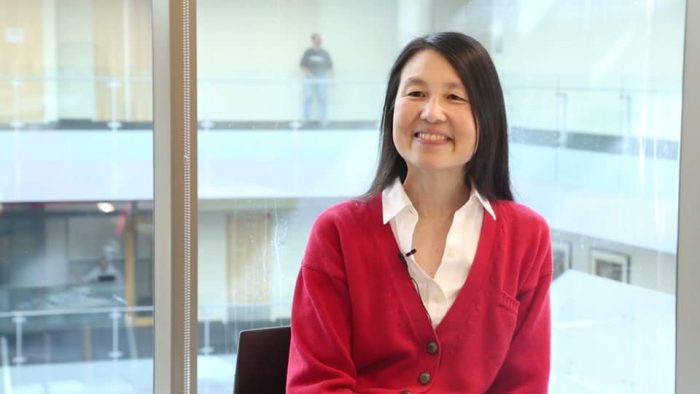Microsoft researcher looks back on 10 years of computational thinking
2 min. read
Published on
Read our disclosure page to find out how can you help Windows Report sustain the editorial team Read more

Microsoft Research Corporate Vice President and industry thought leader Jeannette M. Wing has again taken to the Microsoft Research blog to express her thoughts on computer science, this time recounting the decade of change in status for the subject since her paper titled “Computational Thinking” was published in 2006.
With her piece, Jeannette championed the idea of computational thinking – “how computer scientists think”, in her words – at a time of low interest for computer science since the dot-com bust of the early 2000s. Reality seems to have followed her vision, as computer science is becoming more and more popular as part of education – the foundation for the future. Ms. Wing herself has witnessed a lot of these changes at the forefront of the field: in undergraduate programs, K-12 level, online education, all over the world, and especially in the US, where the government is heavily funding computer science education. Microsoft’s contributions were also mentioned with collaborative educational projects like code.org.
Challenges still remain for computer science’s widespread adoption, however, and one of the biggest, according to Ms. Wing, how to build an effective teaching program that caters to different growth stages. Computer science is a comparatively new field of study when we consider subjects like mathematics or history, and what to teach, when, and how, will continue to be a tough issue. Appropriate use of technology in the classroom is another problem needing a solution. Nevertheless, Ms. Wing is confident in society’s effort towards realizing her vision of computational thinking becoming a fundamental skill by the middle of the 21st century, and with companies like Microsoft at the forefront, we have to agree.








